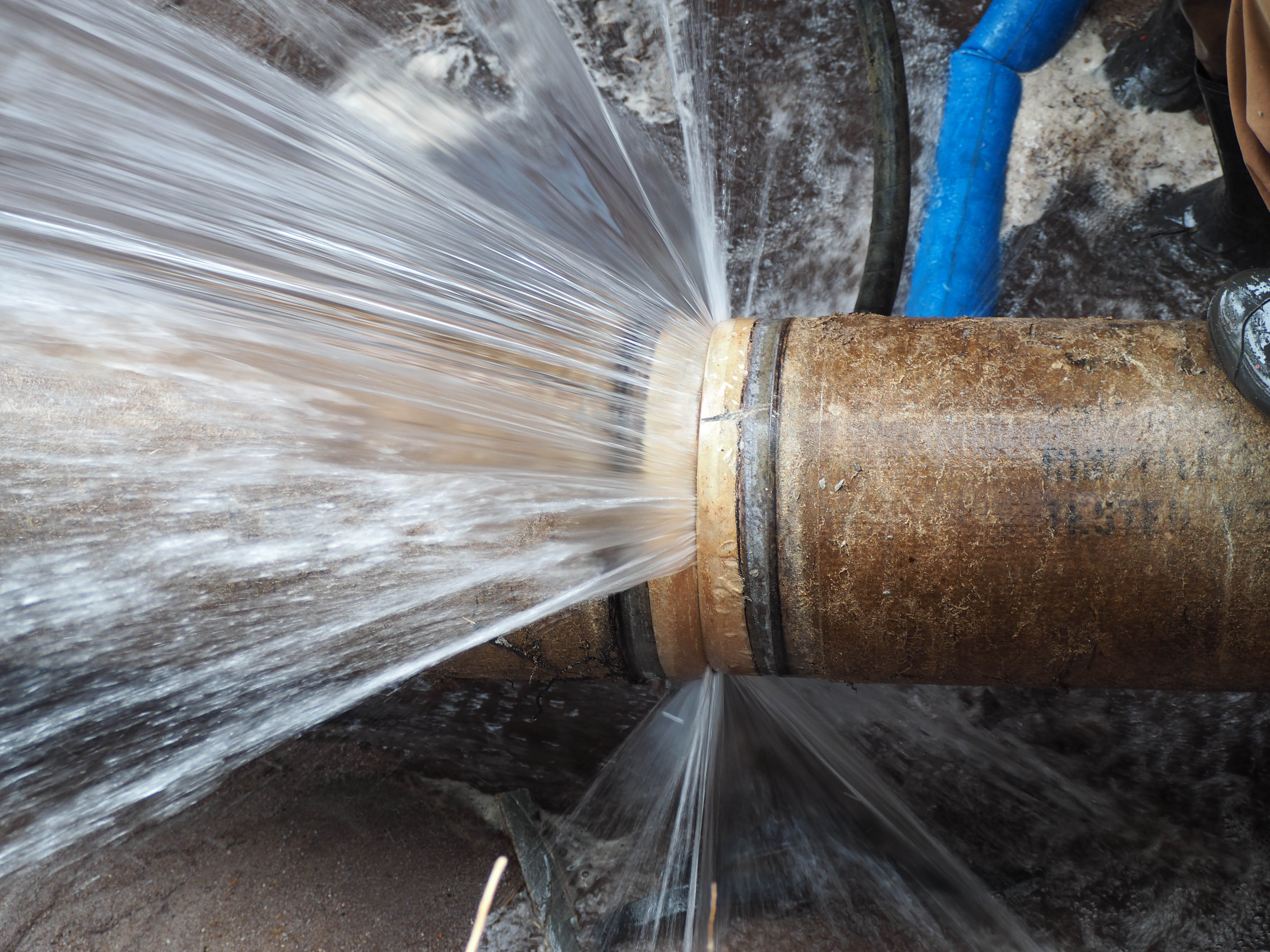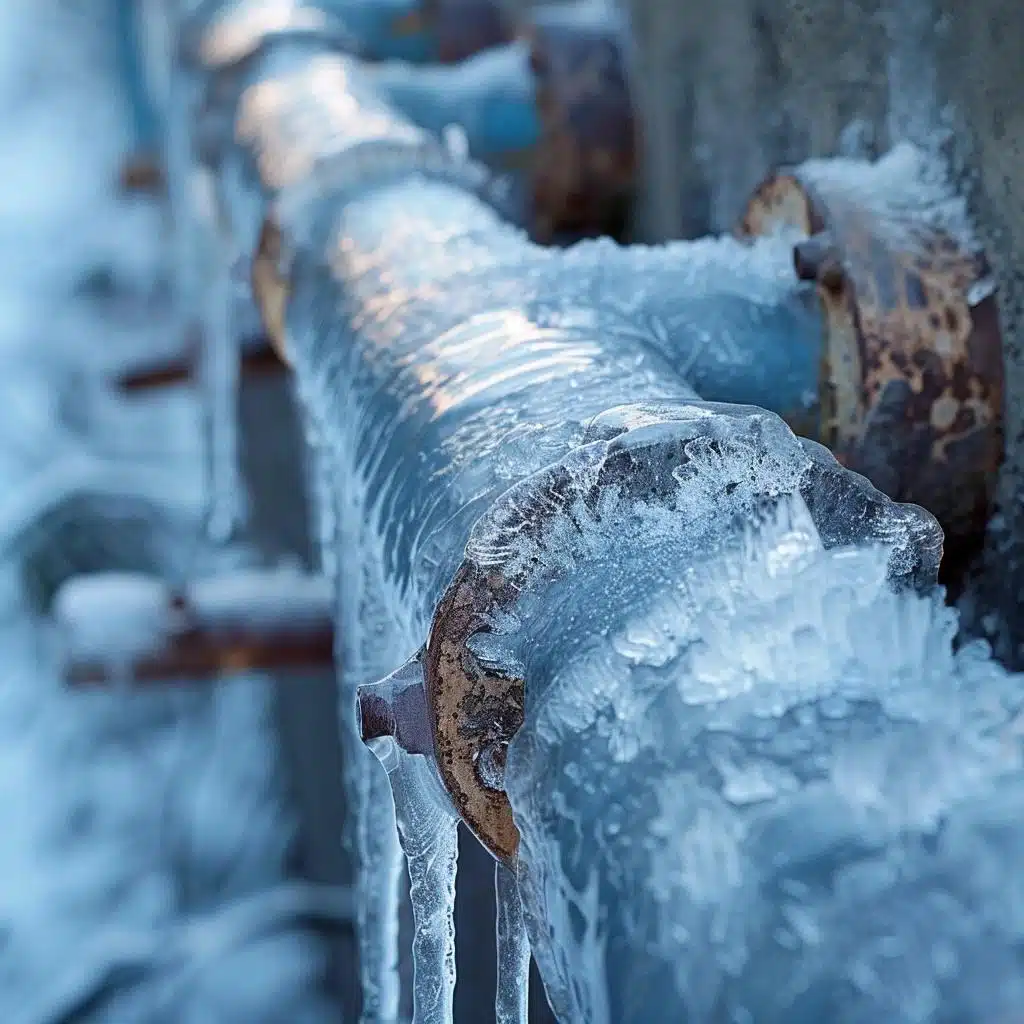Advice for Avoiding Frozen Plumbing in Winter: Specialist Advice
Advice for Avoiding Frozen Plumbing in Winter: Specialist Advice
Blog Article
Presented here further down you will discover a bunch of helpful additional info all about Prevent Frozen Pipes .

Winter can damage your plumbing, specifically by freezing pipes. Below's exactly how to stop it from happening and what to do if it does.
Introduction
As temperatures decline, the threat of icy pipes boosts, potentially causing pricey fixings and water damages. Understanding exactly how to stop icy pipelines is crucial for house owners in cool climates.
Prevention Tips
Protecting prone pipelines
Cover pipelines in insulation sleeves or make use of heat tape to protect them from freezing temperatures. Focus on pipelines in unheated or outside areas of the home.
Heating techniques
Maintain indoor areas adequately warmed, especially areas with plumbing. Open cabinet doors to allow warm air to distribute around pipelines under sinks.
How to identify frozen pipes
Search for reduced water flow from faucets, unusual odors or sounds from pipelines, and visible frost on exposed pipelines.
Long-Term Solutions
Structural changes
Take into consideration rerouting pipes far from exterior walls or unheated locations. Add added insulation to attics, cellars, and crawl spaces.
Upgrading insulation
Buy premium insulation for pipelines, attics, and wall surfaces. Proper insulation assists maintain constant temperature levels and decreases the threat of frozen pipes.
Safeguarding Exterior Plumbing
Garden tubes and outdoor faucets
Detach and drain pipes yard hose pipes before winter months. Mount frost-proof faucets or cover outdoor taps with protected caps.
Comprehending Icy Pipelines
What causes pipes to freeze?
Pipes freeze when exposed to temperatures below 32 ° F (0 ° C) for prolonged periods. As water inside the pipes freezes, it broadens, putting pressure on the pipe walls and potentially creating them to break.
Threats and damages
Frozen pipelines can result in water supply disturbances, residential property damages, and costly fixings. Ruptured pipes can flood homes and trigger considerable architectural damages.
Indicators of Frozen Water Lines
Determining icy pipes early can stop them from rupturing.
What to Do If Your Pipes Freeze
Immediate actions to take
If you believe frozen pipes, keep faucets open to relieve pressure as the ice thaws. Use a hairdryer or towels soaked in warm water to thaw pipes gradually.
Conclusion
Stopping frozen pipelines requires positive actions and quick reactions. By comprehending the reasons, indicators, and preventive measures, house owners can shield their plumbing during winter.
6 Proven Ways to Prevent Frozen Pipes and Protect Your Home
Disconnect and Drain Garden Hoses
Before winter arrives, start by disconnecting your garden hoses and draining any remaining water. Close the shut-off valves that supply outdoor hose bibs and leave the outdoor faucet open to allow any residual water to drain. For extra protection, consider using faucet covers throughout the colder months. It’s also important to drain water from any sprinkler supply lines following the manufacturer’s directions.
Insulate Exposed Pipes
Insulating your pipes is an effective way to prevent freezing. Pipe insulation is readily available at home improvement stores and is relatively inexpensive. Pay close attention to pipes in unheated areas such as the attic, basement, crawl spaces, or garage. Apply foam insulation generously to create a buffer against the cold. You can also wrap your pipes in heat tape or thermostat-controlled heat cables for added warmth.
Seal Air Leaks
Inspect your home for any cracks or openings that could let in cold air. Seal any holes around the piping in interior or exterior walls, as well as the sill plates where your home rests on its foundation. Additionally, make sure to keep your garage door closed unless you’re entering or exiting. Leaving it open creates a significant air leak that can lead to frozen pipes.
Allow Warm Air Circulation
During cold snaps, it’s essential to allow warm air to circulate evenly throughout your home. Leave interior doors ajar to promote better airflow. Open kitchen and bathroom cabinets to help distribute heat consistently around the rooms. If you have small children or pets, be sure to remove any household chemicals or potentially harmful cleaners from open cabinets for safety.
Let Faucets Drip
A small trickle of water can make a big difference in preventing ice formation inside your pipes. When temperatures drop significantly, start a drip of water from all faucets served by exposed pipes. This continuous flow helps prevent the water from freezing. Additionally, running a few faucets slightly can relieve pressure inside the pipes, reducing the chances of a rupture if the water inside does freeze.
https://choateshvac.com/6-proven-ways-to-prevent-frozen-pipes-and-protect-your-home/

Do you really like reading about 6 Ways to Prevent Frozen Pipes? Try leaving feedback down below. We would be pleased to find out your opinions about this blog post. Hoping to see you back again in the near future. Make sure you set aside a second to distribute this article if you liked it. I value reading our article about How to Prevent Your Pipes From Freezing.
Schedule And Pricing Report this page